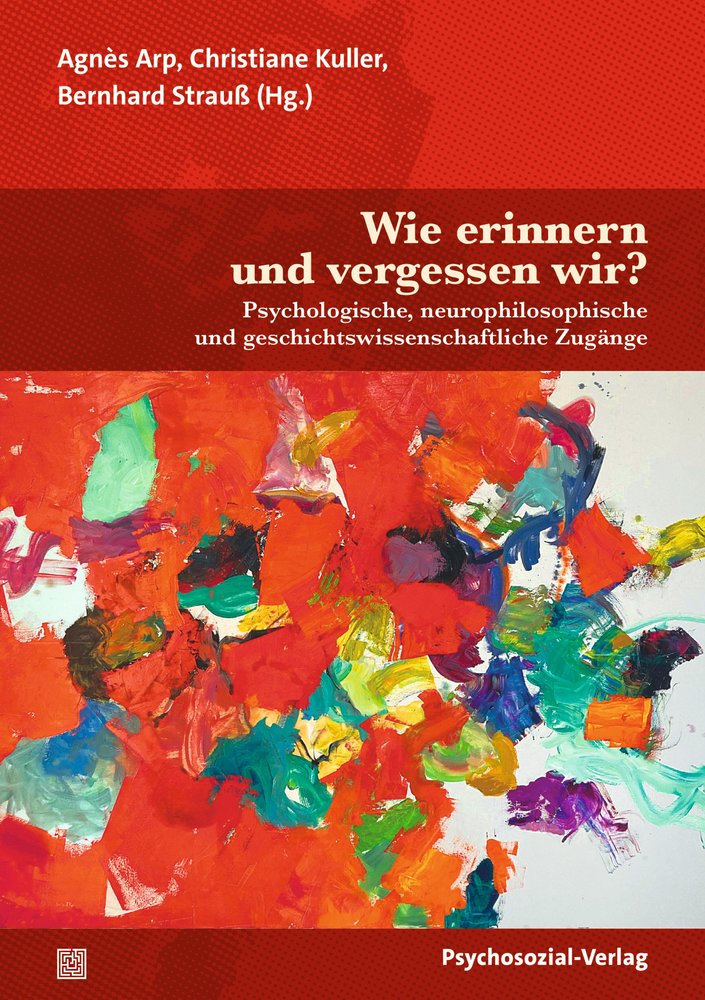Wie erinnern wir uns und warum vergessen wir? Welche neurobiologischen Vorgänge werden dabei aktiviert und welche Rolle spielt der soziale Rahmen für das Erinnern? Wie gehen wir mit den Erinnerungen um, von denen uns andere Menschen erzählen? Diesen und weiteren Fragen zum Thema Erinnern und Vergessen gehen die Autorinnen und Autoren nach und beleuchten sie aus den Blickwinkeln der Bereiche Neurowissenschaften, Psychologie, Neurophilosophie, Oral History und Psychoanalyse. Mit Beiträgen von Agnès Arp, Marie Busch, Sascha Benjamin Fink, Hariet Kirschner, Christiane Kuller, Carsta Langner, Hans J. Markowitsch, Ilka Quindeau, Sabine Schmolinsky, Angelica Staniloiu, Bernhard Strauß, Alexander von Plato und Grit Wesser


